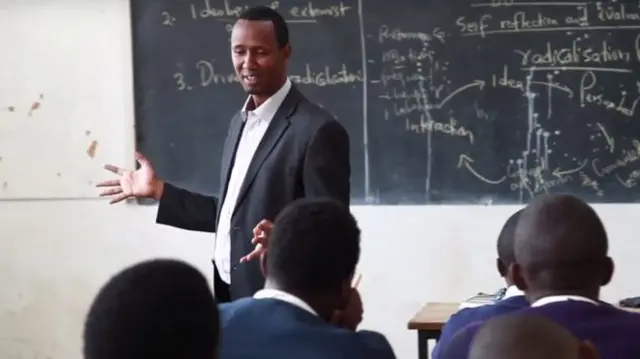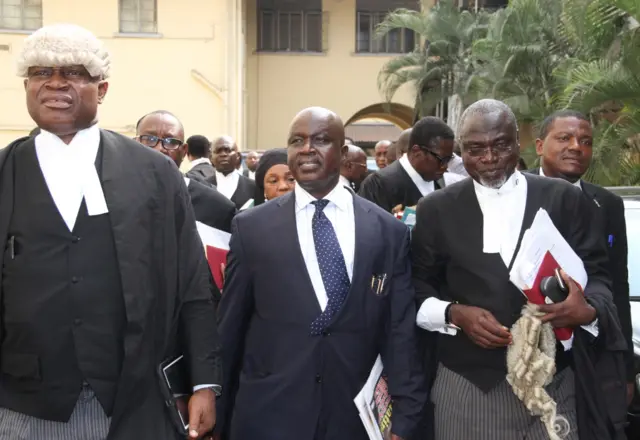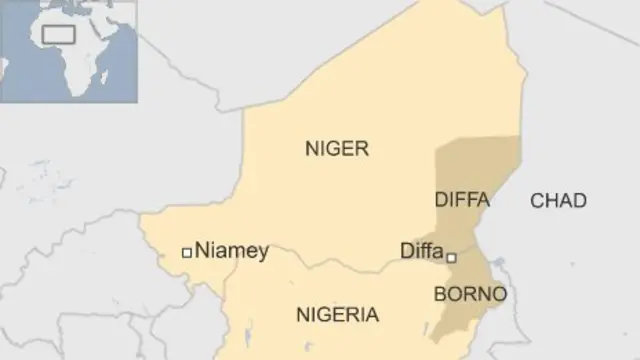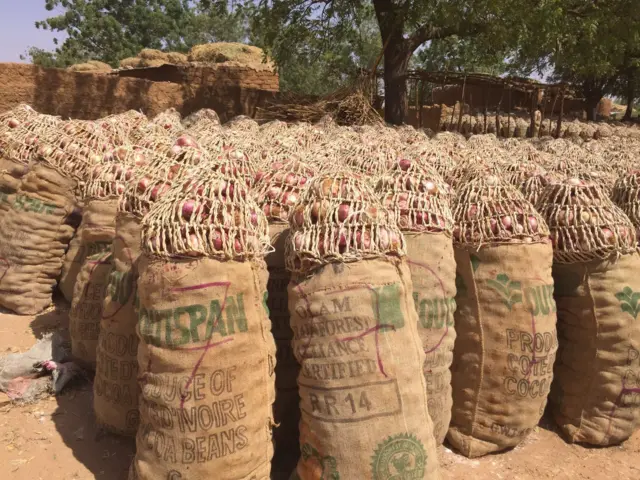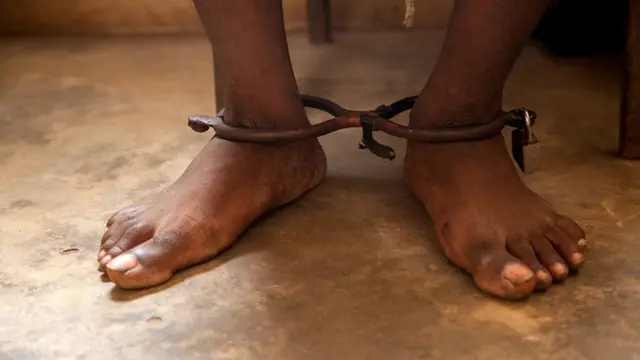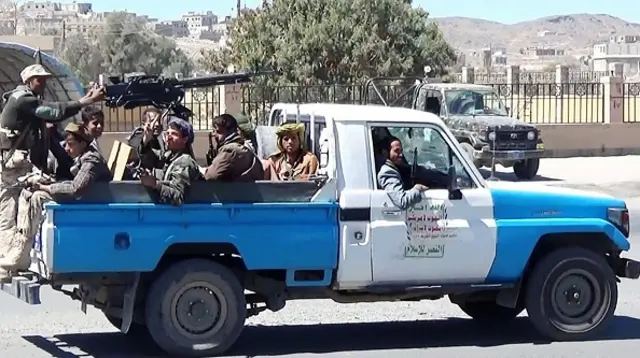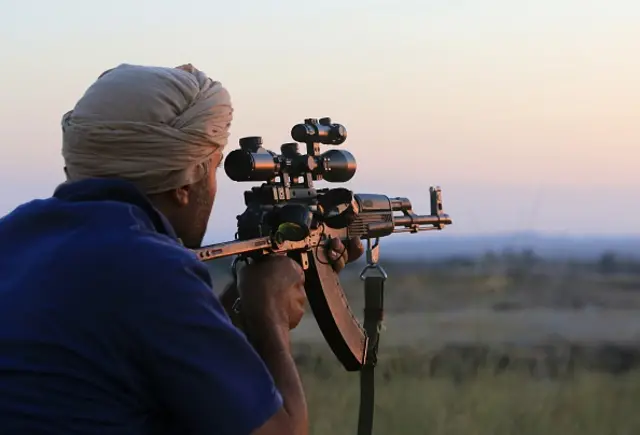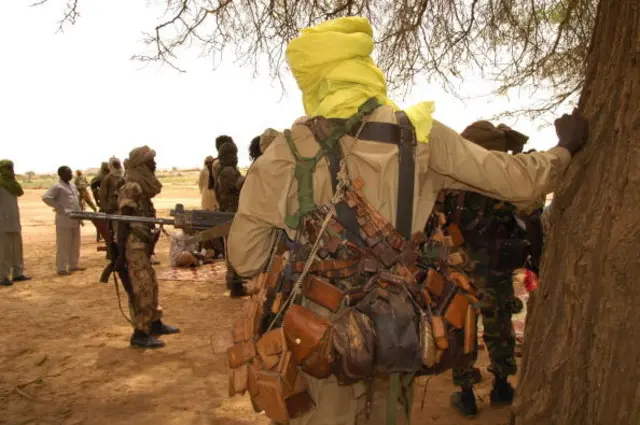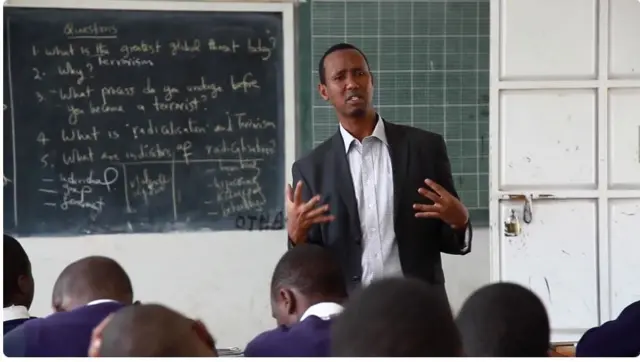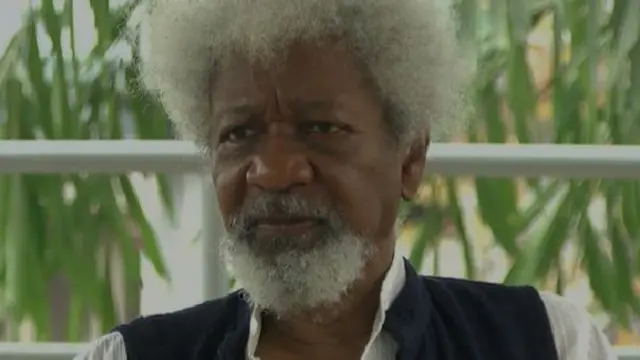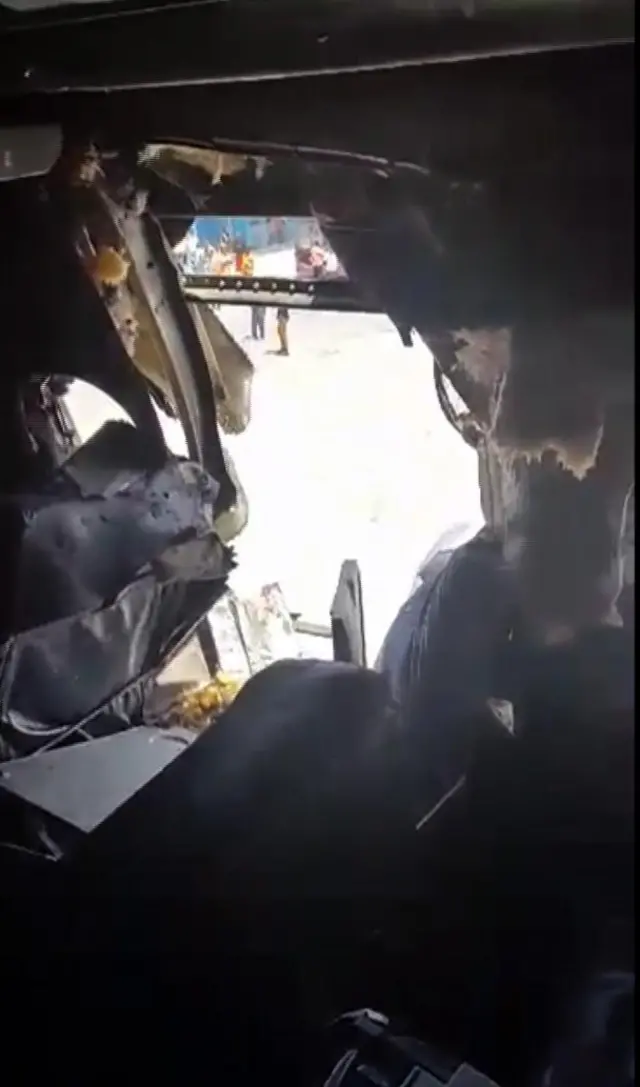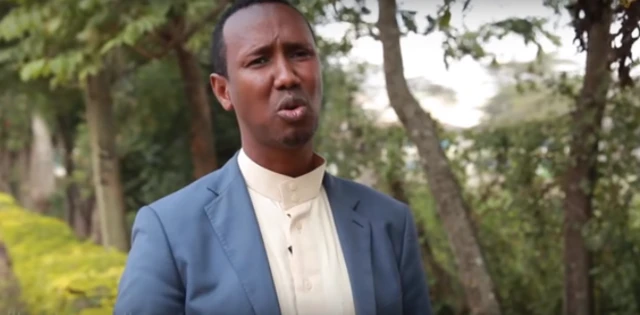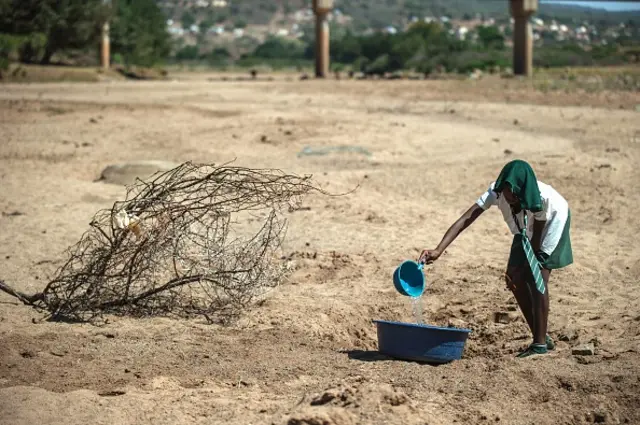Scroll down for Wednesday's storiespublished at 18:00
We'll be back on Thursday
That's all for today from the BBC Africa Live page. Listen to the Africa Today podcast and keep up-to-date with developments across the continent on the BBC News website.
Today's African proverb was:
Quote MessageIf you can walk, you can dance. If you can talk, you can sing"
A Zimbabwean proverb sent by Simon Imoro, Kumasi, Ghana.
Click here to send us your proverbs.
And we leave you with a photo of a worker cleaning paint from a statue of former South African white-minority ruler Jan Smuts, which was vandalised by students at the University of Cape Town:
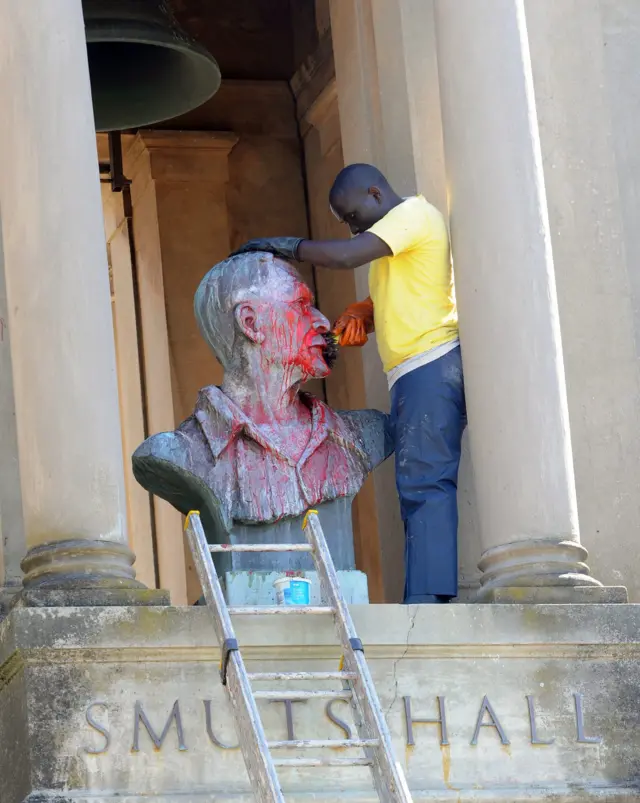 Image source, EPA
Image source, EPA